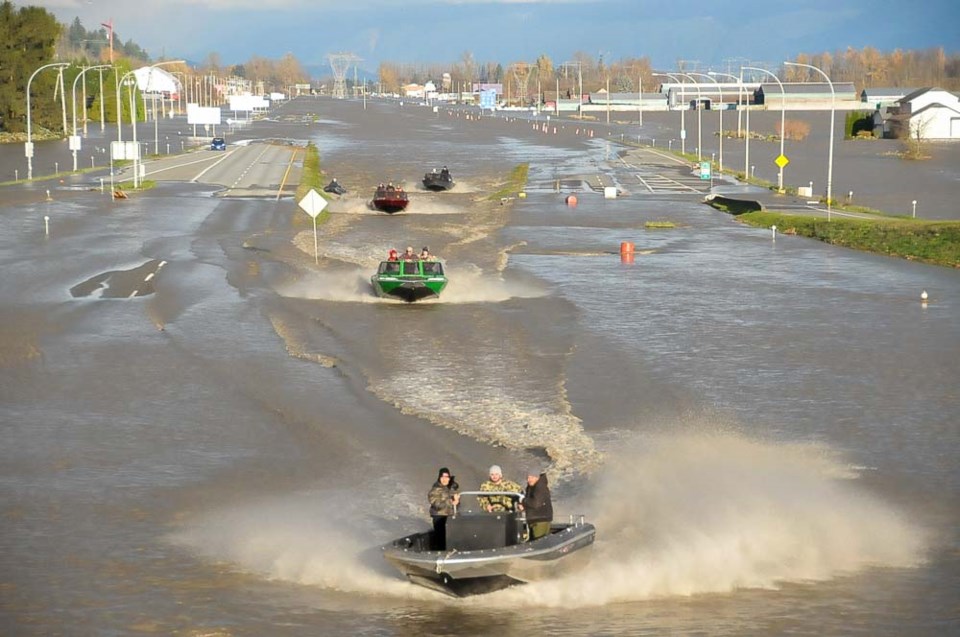B.C.’s Civil Resolution Tribunal has ruled a Chilliwack strata council’s response to a flood in a crawlspace was reasonable despite an owner’s complaints.
According to the , Janet Ashworth claimed the strata did not do enough repairs to the crawlspace to ensure it does not flood again in the wake of heavy rains in November 2021.
Ashworth asked for an order that the strata retain a structural engineer to assess whether the cracks in the crawlspace’s concrete foundation are structural and, if so, repair them.
The strata, however, denied the flood caused any cracks or that the cracks pose a threat to the building.
Tribunal vice-chair Eric Regehr said the strata asserted that a thorough investigation indicated no repair work was necessary. It asked that he dismiss Ashworth’s claims.
The incident occurred mid-November 2021, when there was a severe “atmospheric river” rainstorm in southern B.C. that particularly affected the Fraser Valley where the strata is located.
“During this storm, water entered four of the strata’s crawlspaces, including the one under (Ashworth’s unit),” Regehr wrote. “The strata’s residents had to get the water out themselves as area tradespeople were overwhelmed.”
He said the strata emailed owners soon after, saying a plumber would inspect the crawlspaces.
On March 26, 2022, the strata’s insurer’s adjuster emailed Ashworth reiterating the strata’s intention to have its plumber inspect “the affected suites” to determine whether to install sump pumps and seal foundation cracks.
On May 11, 2022, Total Service Plumbing and Heating wrote the strata a brief report recommending against installing sump pumps, as they would not prevent water ingress from a future severe flood.
“The plumber said that the atmospheric river raised the water table higher than the crawlspaces’ floors. So, in a similar storm, a sump pump would run non-stop but achieve nothing because there would be nowhere for the water to go,” Regehr said.
The strata said the plumber could tell sump pumps were unsuitable for the strata after inspecting one of the crawlspaces, which is why it did not end up inspecting Ashworth’s.
Ashworth’s insurer also concluded the crawlspace water came up from the high water table, the ruling said.
“Ms. Ashworth offers no alternative explanation for the water ingress, so I find that the high water table pushed water up through floor cracks and into the crawlspace,” Regehr said.
The ruling noted there was an April 24, 2022 email between strata council members that a municipal engineer suggested installing a sump pump that would empty to the street.
“The strata said this would require owners to manually attach a hose during a flood and run it to the street,” Regehr said.
Ashworth and her spouse attended a strata council hearing on April 20, 2022.
“They were disappointed by the lack of action and concerned that future floods would damage their furnace and hot water heater, which are both in the crawlspace,” Regehr said.
The strata repaired cracks in the other three crawlspaces that experienced water ingress, but not Ashworth’s unit, the ruling said. However, Ashworth did not provide evidence of her concerns and did not prove the strata’s response was unreasonable, wrote the vice-chair.
“I find it understandable that the strata initially overcommitted to repairs in the chaotic aftermath of the floods. I find that the strata was entitled to change its planned approach as it learned more about what caused the flood as things calmed down.”

